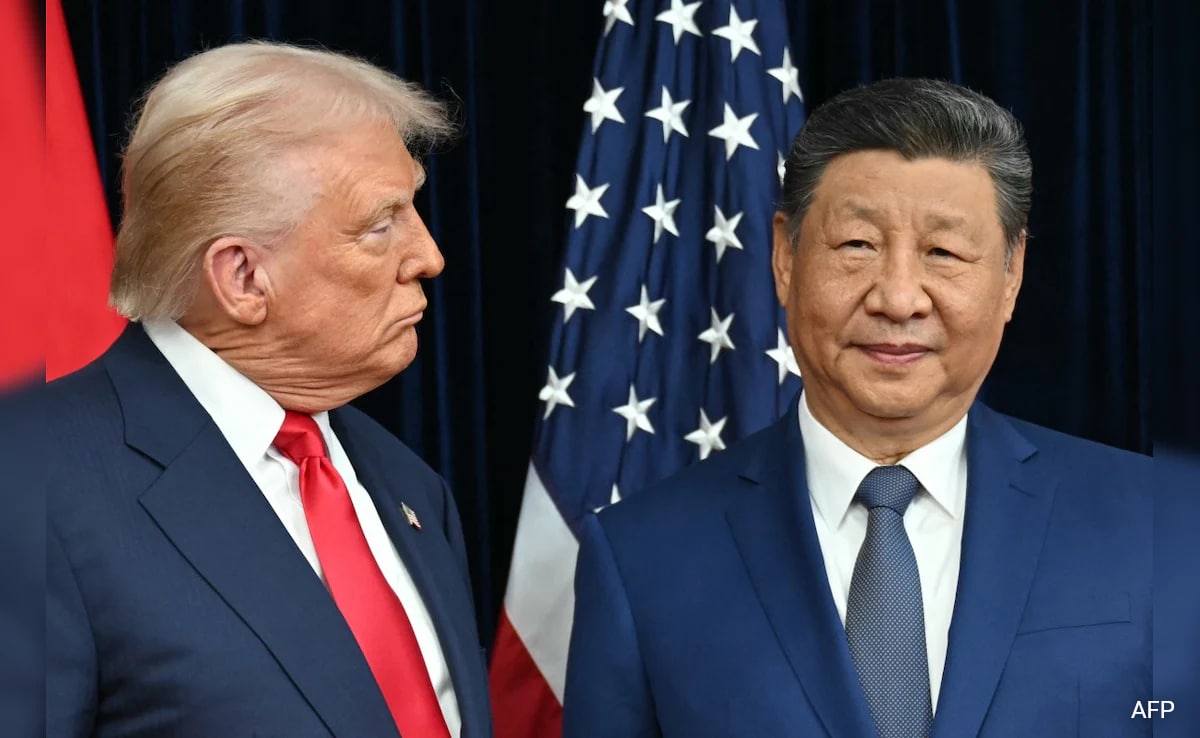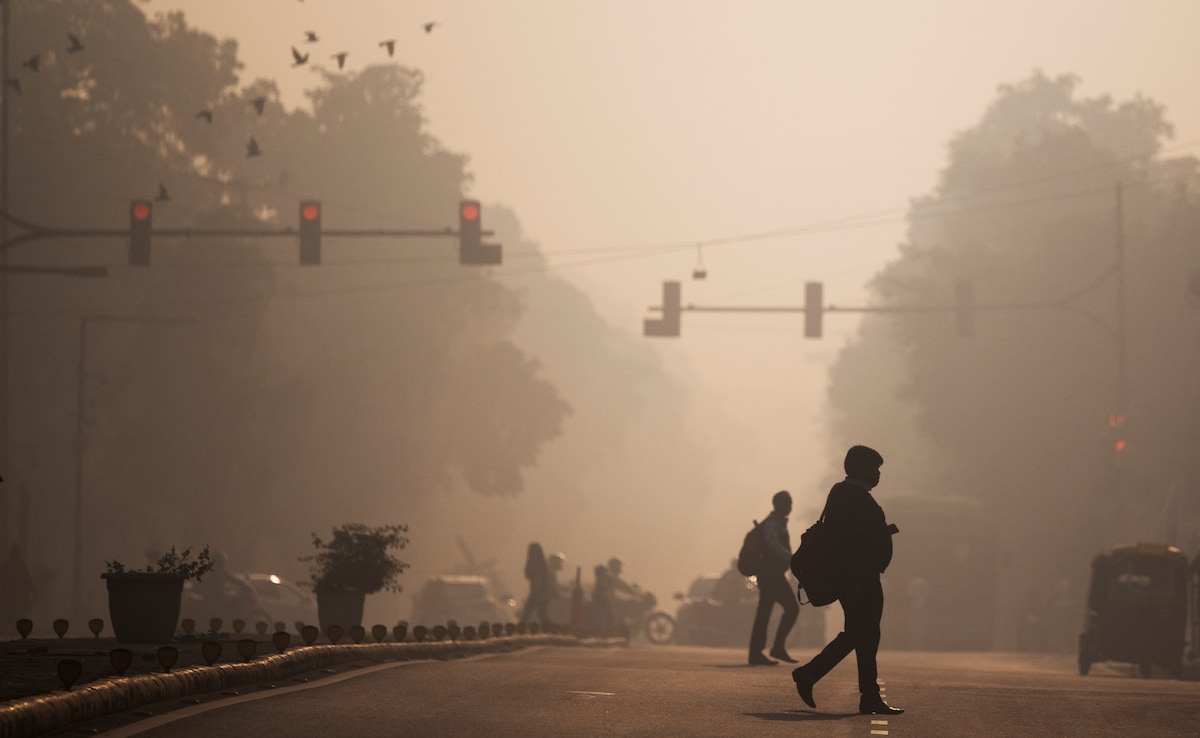The killing triggered a global debate about the treatment of Black people and other ethnic minorities, while raising questions about how to eradicate systemic racial discrimination.
âThe question is what more can we do to bind society to remove these barriers. [The royals] care passionately about making this one nation bound by the same values,â said Olisa, according to British media reports.
Olisaâs comments come as the royals face questions about whether their family is representative of a multicultural Britain. In March, Meghan, the Duchess of Sussex, said in an interview with Oprah Winfrey that members of the royal family had made racially offensive comments in private when she was pregnant.
âConcernsâ were raised about how dark the skin color of Archie, the coupleâs son, could be, said Meghan, who is biracial. The Sussexes declined to name the person who allegedly made those comments. Winfrey later said the couple had told her that neither the Queen nor her husband made those remarks.
Buckingham Palace said in a statement after the interview that the issues of race which were raised âare taken very seriously and will be addressed by the family privately.â
In July, Prince William, Harryâs older brother, told reporters that the royals were âvery much not a racist family.â
Britain is undergoing a broader national conversation about race that is also fueled by the aftermath of Englandâs defeat to Italy in the UEFA European Menâs soccer championship final in July.
The loss triggered racial abuse of English players who had missed penalty kicks, all of whom are Black. Racist comments were also sprayed on a mural of Marcus Rashford, one of the players who missed a penalty kick, in the Manchester United forwardâs hometown. Supporters and residents quickly covered the remarks with messages of support.
During the tournament, England players took a knee to express support for racial equality. Some fans booed, while senior British officials downplayed the kneeling as âgesture politics.â
Read more:
.png)











 English (United States) ·
English (United States) ·  Turkish (Turkey) ·
Turkish (Turkey) ·